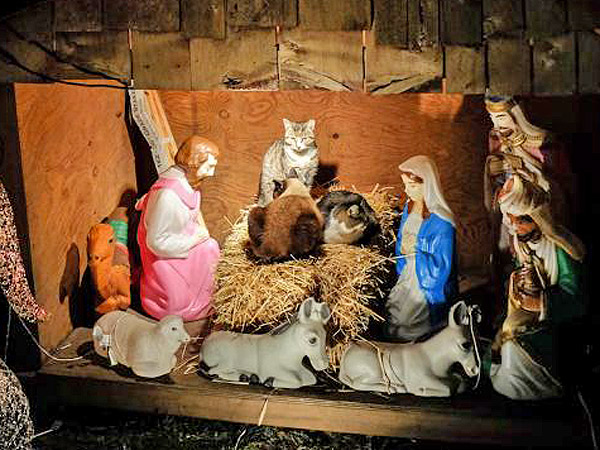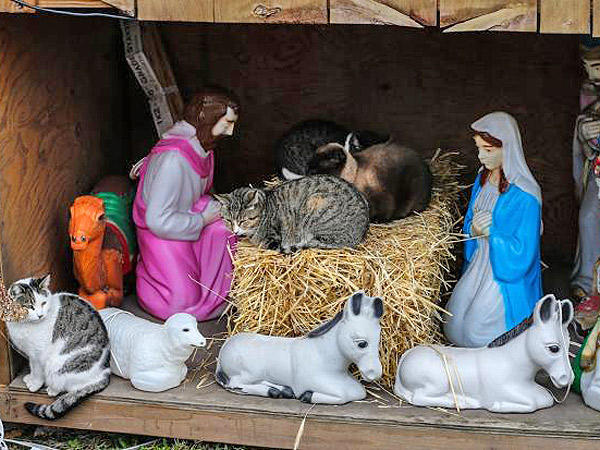Tree farm sends military families holiday cheer
BRISTOL, Tenn. - The holidays can be a tough time for military families, separated by deployment but a local Christmas tree farm is working to give them some holiday cheer.
Wolverton Mountain Christmas Tree Farm crews have been preparing and packing Christmas trees all season long but not all of them are loaded onto the tops of cars and taken to homes in the Tri-Cities.
"Every year we get trees together from various farms and send them overseas to our troops or to various bases," said Julie Baldwin, of Wolverton Mountain Christmas Tree Farm.
Baldwin and her parents have been a part of the national Trees for Troops program for a few years and the word is spreading.
"They'll come in, they know that we do this and they'll either donate a tree or the cost of a tree," Balwin told us.
They've raised a couple hundred dollars, she said, and already have 15 to 20 trees on the way to military families.
Baldwin told us there were about 200 trees in total sent from this region.
The trees are sent through Fed Ex to 60 military bases across the country and abroad, according to the Troops for Trees website.
Baldwin told us they are hand delivered.
"This is a tradition, going to pick the tree out together so they can't go do those things," said Baldwin. "To have someone come in and bring the tree to the house and a smile and a Merry Christmas from a stranger means the world."
The program hits home for Baldwin and her husband, they're both members of the Army National Guard.
In 2003, her husband, Ralph Norris, had a tour in Iraq.
"I've heard stories of people who are getting them now and how the families are really appreciating it," Norris told us. "You know, it's hard as it is with the loved one being gone and they get something in return."
The national program has sent more than 122,000 trees since it started in 2005. They hope to get it up to 140,000 this year.
Norris told us it's about more than just the numbers.
"That little relief, even though we couldn't be there, we know that people are thinking about them and taking care of them," said Norris.
Wolverton Mountain Christmas Tree Farm will be collecting donations for Trees for Troops until they close up for the season.
If you'd like to make a donation to the program, you can stop by the Wolverton Mountain Christmas Tree stand on Volunteer Parkway.
You can also donate directly to Trees for Troops on their website. http://treesfortroops.org/dnn/Donate.aspx







 Reply With Quote
Reply With Quote







Bookmarks